Extending lockdown measures will delay 2nd wave of COVID-19 until later this year: Study
Early loosening or lifting of lockdown measures will bring the second wave of the COVID-19 pandemic closer, a new study warns.
The COVID-19 disease, caused by a new coronavirus, jumped from wildlife to people in the Chinese city of Wuhan late last year and is currently affecting 198 countries and territories across the globe. It has so far affected more than 493,200 people and killed over 22,190.
The World Health Organization (WHO) has already declared the coronavirus outbreak a global pandemic.
China, which has so far more than 81,280 confirmed cases with over 3,280 deaths, implemented very strict containment measures, including nearly complete shutdown of Wuhan for two months, to curb the spread of the disease.
The draconian measures by the Chinese government paid off and proved largely successful in fighting the novel coronavirus, with the epicenter having now shifted from Wuhan to Europe, particularly to Italy in terms of fatalities.
Beijing has eased some measures and loosened the Wuhan lockdown, but the results of a new study published in the Lancet Public Health journal on Thursday showed that extending Wuhan's shutdowns until April would likely push a potential second wave of COVID-19 until October, giving healthcare services more time to recover and expand, potentially saving more lives.
“The city now needs to be really careful to avoid prematurely lifting physical distancing measures, because that could lead to an earlier secondary peak in cases,” said Kiesha Prem, a specialist at the London School of Hygiene & Tropical Medicine (LSHTM), who co-led the research.
“If they relax the restrictions gradually, this is likely to both delay and flatten the peak,” she added.
The study, which used mathematical modeling to simulate either extending or relaxing school and workplace closures in Wuhan, also warned that if control measures lifted earlier than April, the second wave of COVID-19 pandemic might occur in late August.
Governments around the world are mostly trying to copy the lockdown measures used by the Chinese government in curbing the disease while also working out the risk of recurrences once the epidemic peaks have passed in their countries.
“Our results won’t look exactly the same in another country,” said Yang Liu, a Chinese expert at the LSHTM who worked on the research.
“But we think one thing probably applies everywhere: physical distancing measures are very useful, and we need to carefully adjust their lifting to avoid subsequent waves of infection ... If those waves come too quickly, that could overwhelm health systems,” she added.
On Wednesday, WHO director-general Tedros Adhanom Ghebreyesus echoed the same view, saying lockdowns were the best way to curb transmission.
“The last thing any country needs is to open schools and businesses only to be forced to close them again because of resurgence,” he insisted.
COVID-19 forcing parents to skip kids’ vaccinations: UNICEF
The head of the UN agency for children, Henrietta Fore, warned on Thursday that the requirement for people to stay home and observe social distancing was leading parents to “make the difficult decision to defer routine immunization.”
Of particular concern are impoverished and war-torn countries battling measles, cholera or polio outbreaks, such as Afghanistan, the Democratic Republic of Congo, Somalia, the Philippines, Syria and South Sudan.
“At a time like this, these countries can ill-afford to face additional outbreaks of vaccine-preventable diseases,” Fore said in a statement.
“Medical goods are in short supply and supply chains are under historic strain due to transport disruptions. Flight cancellations and trade restrictions by countries have severely constrained access to essential medicines, including vaccines,” she further said.
Fore added that in the near future, governments may need to postpone preventive mass vaccination campaigns -- where people group together to receive inoculations -- to ensure these do not contribute to the spread of COVID-19.
UNICEF recommended governments begin rigorous planning now to boost immunization campaigns for as soon as the coronavirus pandemic is under control.
China to cut international flights
China is set to drastically cut its international flight routes in a bid to blunt the number of imported cases of the new coronavirus, the civil aviation authority said on Thursday.
Flights out of China will be capped at just one route a week to each country, with international airlines also permitted only one route.
China has not reported any new domestic infections from the deadly virus for two consecutive days, but imported cases have now surpassed 500.
Most of these infections involved Chinese nationals returning home.
The Civil Aviation Administration of China also said the passenger load on flights in and out of China should not exceed 75 percent.
There were 1,073 return international passenger flights scheduled to come to China this week.
Lebanon extends shutdown by two weeks to April 12
Lebanon is set to extend a countrywide lockdown by two weeks until April 12 to combat the spread of the coronavirus.
Beirut said on Thursday it had recorded 368 cases of coronavirus, including 35 new cases since the day before, with six deaths in the country so far.
A request to extend the lockdown was agreed at a meeting of the supreme defense council on Thursday attended by senior officials including the president, prime minister, the health minister and the army chief.
The meeting was followed by a cabinet session.
Lebanon declared a state of medical emergency on March 15, urging people to stay at home and ordering the closure of most public and private establishments. Beirut airport is closed.
South Korea warns of deportation, jail for quarantine violators
South Korea warned on Thursday that it will deport foreigners while its citizens could face jail if they violate self-quarantine rules after a surge in imported coronavirus cases.
South Korea has tightened entry rules for travelers from countries suffering big outbreaks, subjecting them to two weeks of mandatory quarantine but at least 11 people violated self-quarantine rules between March 13 and 24, the health ministry said. It did not specify their nationalities.
“We will apply zero-tolerance principles in taking action against those who leave their self-isolation venue without legitimate reasons,” Yoon Tae-ho, director-general for public health policy at the health ministry, told a briefing.
“Foreign nationals will be forcibly repatriated and Korean citizens will be reported to police for due penalties and lose financial support provided for those who have faithfully implemented a 14-day quarantine.”
South Koreans who violate the rules could be jailed for up to a year and fined 10 million won ($8,100).
South Korea reported 104 new coronavirus cases on Thursday, according to the Korea Centers for Disease Control and Prevention (KCDC) which said they were more imported cases than domestic ones.
That brought its total cases to 9,241, with a new death toll of 142, up from 126.
Spain extends coronavirus lockdown
Spain extended its coronavirus lockdown on Thursday to at least April 12 as Europe’s second-worst hit country fought “a real war” procuring medical supplies in an overheated Chinese market that officials said was rife with fraud and speculative deals.
The death toll rose by 655 overnight to 4,089. That was down from 738 deaths the previous day when Spain overtook China by the total number of deaths since the outbreak began. Health Minister Salvador Illa cautiously told parliament the data “make us think we are starting a stabilization phase”.
The number of coronavirus cases rose by 18% to 56,188, a slower pace than in the past few days, but health emergency chief Fernando Simon said that the start of mass testing for the virus would certainly boost new notifications of infections.
“We are in a real war to get hold of ventilators, facemasks and quick test kits,” government spokeswoman Maria Jesus Montero told Telecinco television.
“All the countries are fighting to secure domestic production, fighting to get supplies from China,” she said, adding that suppliers were failing to deliver on time. The government was also working to guarantee domestic production by converting some of the industry’s capacity.
Spain has ordered 432 million euros ($471.4 million) of masks, gloves and testing kits from China, and has turned to NATO partners for protective gear and ventilators.
Several more confirmed cases reported in Palestine
Late Wednesday, Palestine’s health ministry said in a statement that seven more COVID-19 cases were detected in the besieged Gaza Strip.
It added that the infected individuals contracted the disease after mingling with the first two cases in the enclave detected on Sunday.
The ministry further said that the new cases were all security personnel who were at the quarantine and were still there. No one has yet died of COVID-19 in the Gaza Strip.
‘200 days of livestreamed genocide’: Netizens react as Gaza war marks 200 days
Confirmed: Iran’s star striker Mehdi Taremi joining Italian champions Inter Milan
Google fires more employees over anti-Israel protests
Iran set to build more nuclear power plants: AEOI chief
'Iran’s True Promise ushers in new era for region; strategic implications felt across globe'
VIDEO | Arrest and harassment: US intensifies crackdown on pro-Gaza protests in universities
VIDEO | Press TV's news headlines
France fails to ban anti-Islamophobia protests










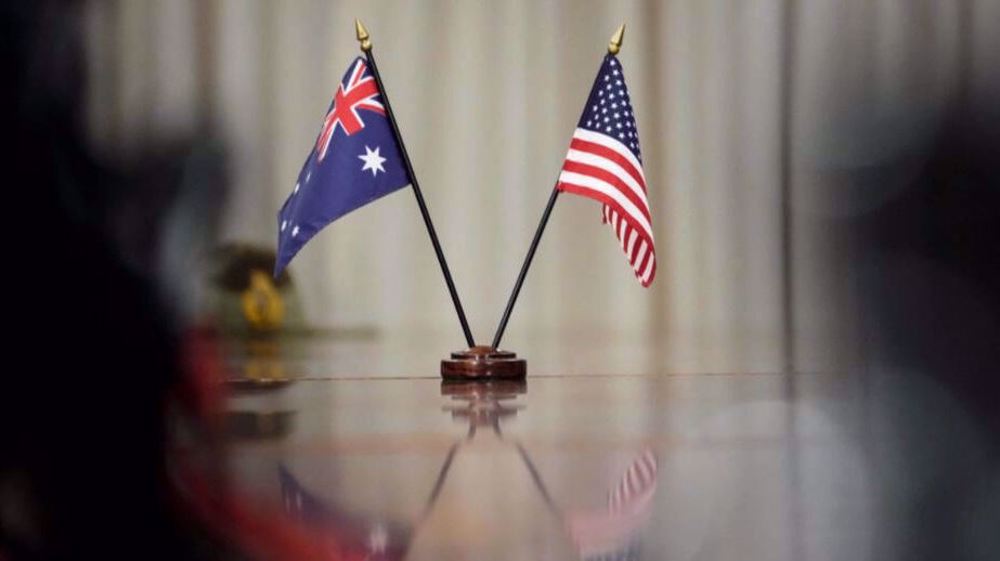
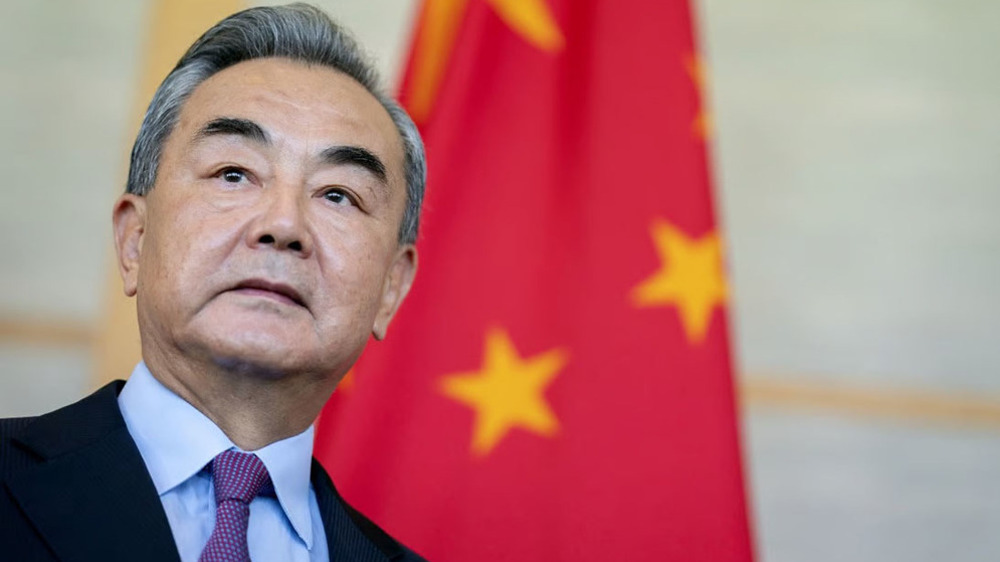



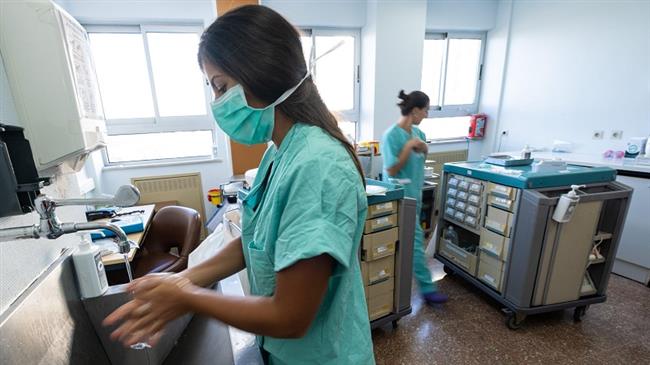
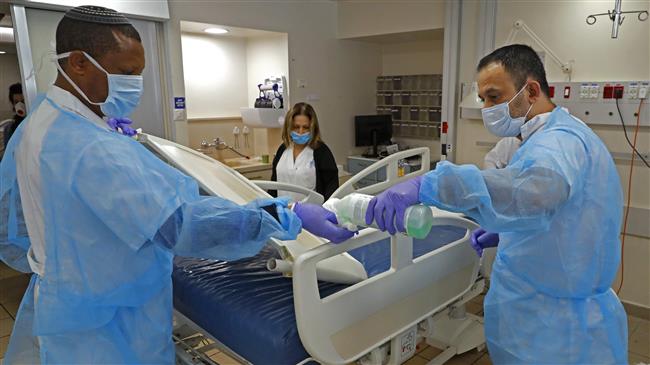
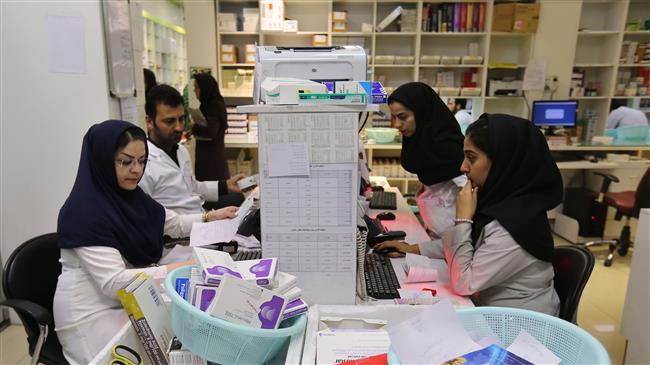
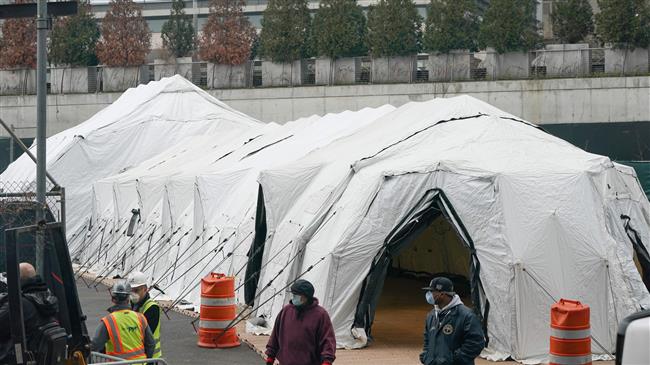
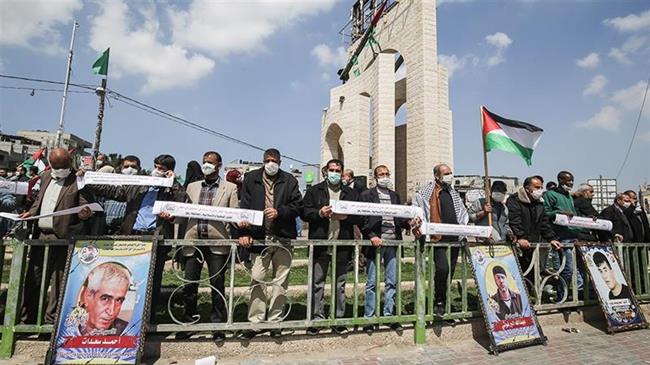

 This makes it easy to access the Press TV website
This makes it easy to access the Press TV website